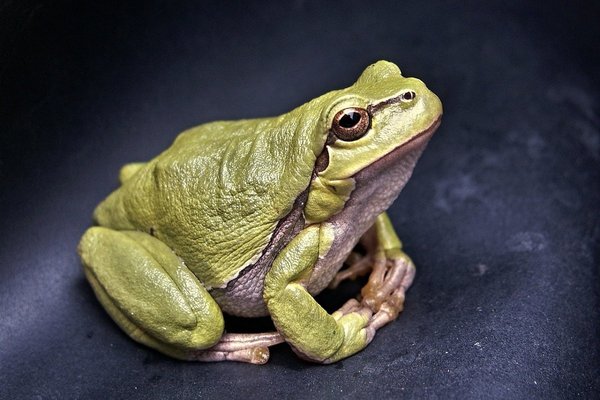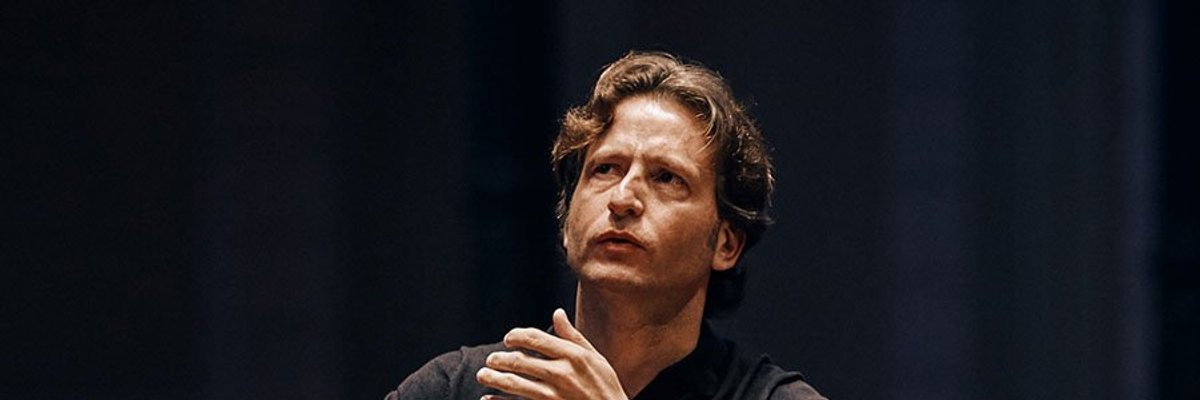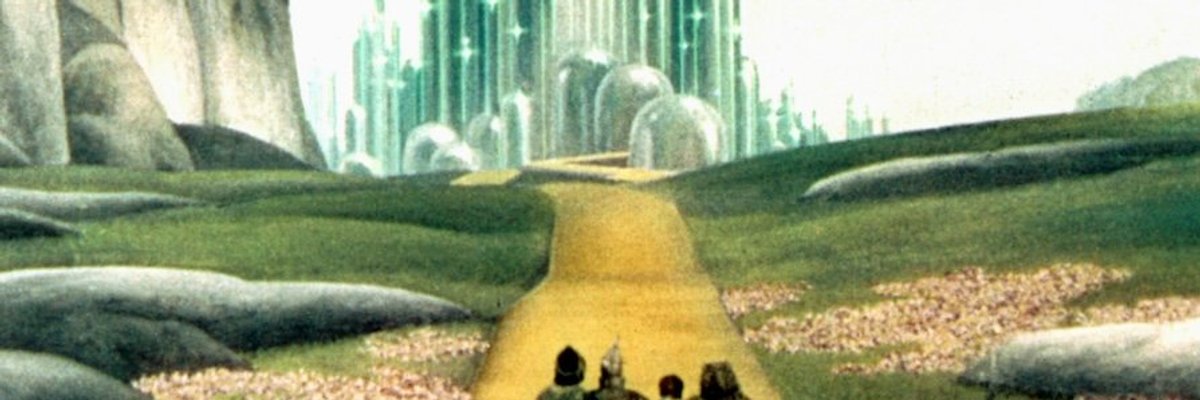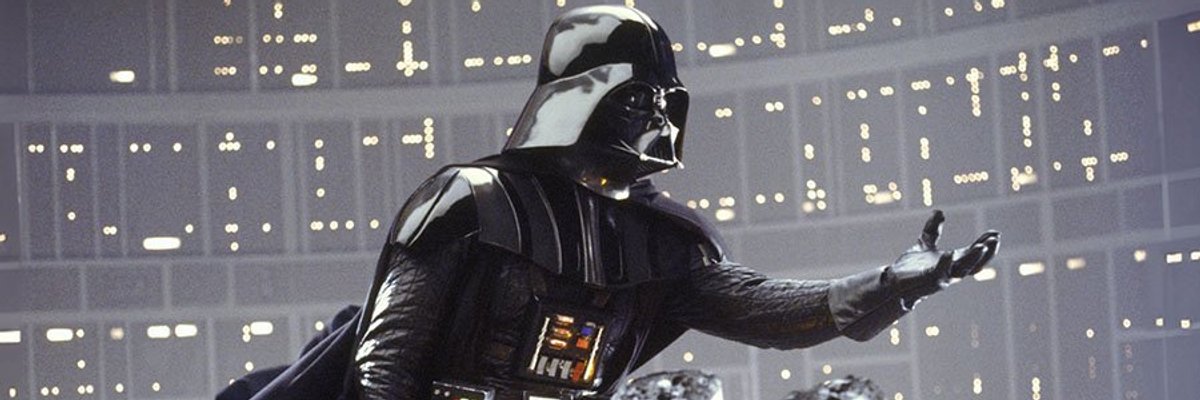Don’t look to Ridley Scott’s Robin Hood for men in tights, or the preponderance of swashbuckling heroics seen in previous incarnations of the populist daredevil’s story.
Here, a brooding Robin, played by a somber Russell Crowe, is a valiant opportunist driven to greatness by a birthright he inherits well into adulthood. He’s an expert archer, of course, but as a guerrilla warrior, he is closer to Rambo than to the dashing adventurer portrayed most famously by Errol Flynn and Sean Connery.
He wasn’t always this way. In 2007, Scott agreed to direct Nottingham, in which Crowe was to play the embattled Sheriff of Nottingham as a righteous lawman torn between his love of the common folk and his obligation to the crown. Three years later, after numerous rewrites – at one point, Scott declared that Crowe would play both the sheriff and Robin, the rabble-rousing thorn in his side – he has returned with a largely sheriff-less movie far less daring than its titular subject.
Those who relished the rivalry between Crowe and Joaquin Phoenix’s reptilian Roman emperor in the Scott-directed Gladiator (2000) will recognize more of the same here. Robin, like the noble brute Maximus, is honor-bound to protect his countrymen from the tyranny of a divine ruler – in this case, King John (Oscar Isaac), whose ascent to the throne following the death of his brother (Danny Huston) frees him to indulge his rampant egomania.
John is not so much inspired by Commodus, the Gladiator villain, as he is that character’s more clueless clone. He is a cartoonish antagonist, disingenuous to the core, his every utterance dripping with unveiled contempt for the public he sees primarily as a source of revenue. Yet Commodus was at least shrewd, a cunning sociopath; John, a graceless buffoon, lacks his depth.
Naturally, he bristles when Robin Hood supplants him in the hearts and minds of his countrymen. Their union, tenuously forged as the French descend on English shores, is destined to be short-lived. How could it not be? Robin, who manages to crack a smile or two during his sly courtship of Maid Marion (Cate Blanchett), is a champion of life, liberty and the pursuit of happiness. He radiates virtue.
Scott’s and screenwriter Brian Helgeland’s curious attempts to thrust the mythic Robin into historical perspective – he emerges as an outspoken advocate of an early draft of the Magna Carta, long before he resolves to narrow the gap between the haves and have-nots – are trumped only by the director’s tireless quest for cinematic grandiosity, which he achieves in fits and starts. The score swells, an arcing arrow pierces its target with stunning precision, and Crowe glowers impressively for the camera.
And that’s actually when the movie works best, as a competently crafted but otherwise weightless revenge fantasy. (Particularly exhilarating, and beautifully shot, is the partially underwater action sequence that burnishes Robin’s legend.)
That Scott takes egregious liberties with history is really beside the point – nobody is going to see Robin Hood for an education. But the director’s decision to keep his hero grounded, to strip him of his insolent humor and larger-than-life persona, is a critical mistake. Like his weapons of choice, Robin Hood needs to soar; Scott has anchored him in a needlessly self-important tale that only rarely achieves the lightness of flight.
- Wine Country
- Holiday Gift Guide
- Holiday Recipes
- Events + Openings
- Workouts + Wellness
- Culinary Road Trip
- Community + Activism
- Cooking Videos
- COVID-19
- LGBTQ Pride
- Art + Design
- popular
- Test
- San Francisco
- East Bay
- Oakland
- Marin
- Silicon Valley
- Tahoe
- Secret Recipe
- Foodie Agenda
- Drink Here Now
- The Big Eat
- Play
- Tech
- Weddings
- Top Stories
- From Our Partners
- Property Porn
- Apartment Porn
- Brunch Topics
- Cannabis Insider
- Weekend Guide
- Monthly Agenda
- The Sunday Read
- Neighborhood Guide
- Best of San Francisco
- Most Popular
- Travel
- Dining + Restaurants
- Style Council 2016
- Cannabis
- 7x7 Hot 20
- 7x7 Cannabis Guide
- Bay Area Wellness Guide
- Shop Talk
- Music + Concerts
- Bay Area News
- News + Politics
- Restaurant Review
- Made in the Bay Area
- Style Council 2017
- Humor
- Manually populated
- Right Rail Most Read
- Sports
By
Related Articles




















